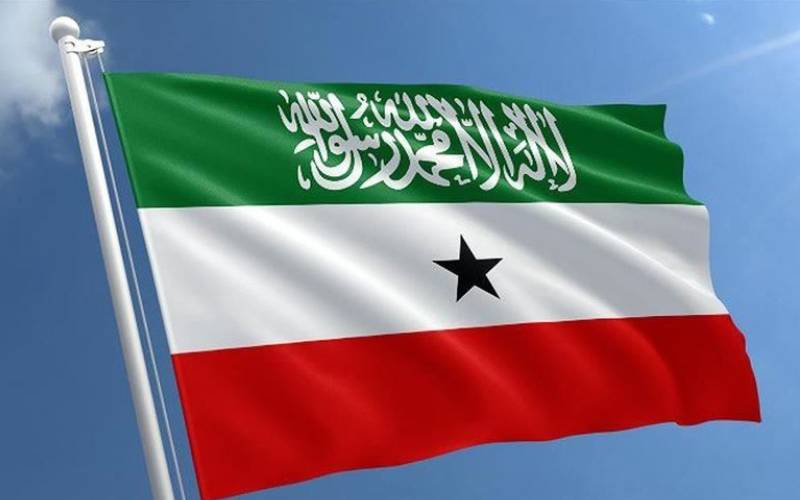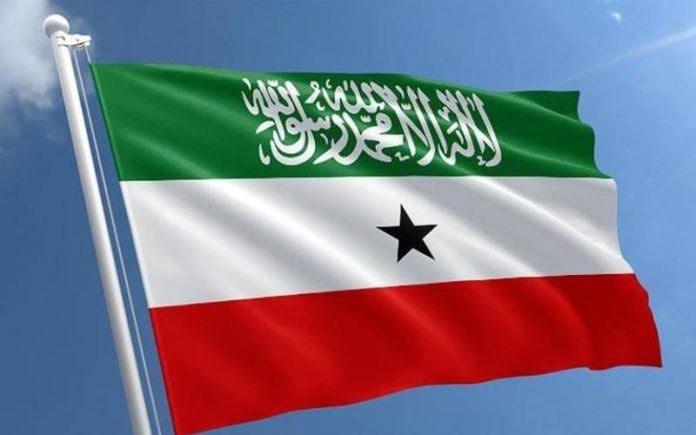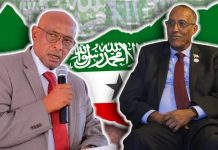
The African anticolonial waves that the continent braced in the 1950s resulted in independence mostly received in the year 1960. That’s why it’s always referred to as “the year of Africa”. During this year, no less than 17 countries became fully independent from their respective colonies and started to rule their nations freely.
Somaliland, a former British protectorate was among the first 15 nations to become independent in Africa and celebrated its sovereignty on June 26, 1960. Instantly after independence, 37 countries recognized Somaliland as a sovereign nation, among them were the 5 permanent Security Council members of the United Nations.
The people of Somaliland, unfortunately, enjoyed that independence for a period of time as short as four days and voluntarily united with their neighbouring junior Somalia who became independent from the Italian colony on July 1, 1960.
The dream was to build a greater Somalia which comprises all Somali inhabited territories in the Horn including Djibouti, the Somali regional state of Ethiopia and the Northern Province of Kenya. That dream failed when Somaliland faced a sequence of injustice and political inequalities which drove top military officers from Somaliland to a "Coup trial" in 1961. Furthermore, Djibouti and other parties rejected to join the union while the merger between Somaliland and Somaliland was never ratified by a parliament.
KEEP READING
Somaliland, officially known as the Republic of Somaliland declared withdrawal from the union in 1991 after 30 years of suppression, killing, subjugation and conquest by the Somali Military Regime. Since then, the country hasn’t been recognized by the International Community despite impressive success in peace, democracy, governance and economic development.
The case of union dissolution isn’t new to Africa. In 1982 Senegal and Gambia went into a union to form Senegambia which later dissolved in 1989 and every country returned to its original being. Similarly, in 1958 Egypt united with Syria to form the United Arab Republic, which then disbanded after 3 years. The paradox here is that Somaliland remains unrecognized and out of all international platforms for 30 years while similar African decisions of Senegal, Gambia and Egypt have been respected by the UN member states.
Somaliland enjoys significant peace, political stability and vibrant democracy for 30 years now in an area known for civil war, authoritarianism and political unrest. It has its own flag, National Anthem, Distinct Banknotes, functioning and democratically elected government, National army and clearly demarcated borders based on colonial lines.
This nation has been struggling for International recognition for 30 years after declaring its withdrawal from union with Somalia in 1991 and still confidently believe that there is no going back even if it takes 100 more years to get recognized and preserve their seat at the United National and other international and continental organizations. Regardless of lacking recognition, Somaliland has bilateral relations with several countries in Africa and beyond. It also hosts diplomatic offices of Ethiopia, Kenya, Djibouti, Taiwan, the UK, UAE, Turkey and others.
The writer, Ismail Shirwac, is a Somaliland diplomat based in Nairobi and the head of cooperation and development partnerships at Somaliland’s mission in Kenya.
/cdn-cgi/scripts/5c5dd728/cloudflare-static/email-decode.min.jswindow._taboola=window._taboola||[];_taboola.push({mode:’thumbnails-a’,container:’taboola-below-article-text-links’,placement:’Below Article Text Links’,target_type:’mix’});
RELATED VIDEOS
Githu Muigai tears into High Court judgement, terms it recipe for chaos
He on Wednesday while appearing for the IEBC, argued that the judgement if allowed to stand, would only be a recipe for chaos.
When Njonjo almost resigned over coffee smugglers
Known as the era of black gold, it began in 1976 when Ugandan farmers decided to sell their coffee in the private market.
POLITICS
By Kennedy Gachuhi
POLITICS
By James Omoro
COUNTIES
By Eric Abuga
NATIONAL
By Winfrey Owino
RIFT VALLEY
By Gilbert Kimutai and Julius Chepkwony
POLITICS
By Boniface Gikandi
By Reuters | 2 days ago
By Reuters | 3 days ago
By Reuters | 4 days ago
By Reuters | 5 days ago
Subscribe to our newsletter and stay updated on the latest developments and special offers!
join @standardjobs telegram channel
Pick your favourite topics below for a tailor made homepage just for you






















